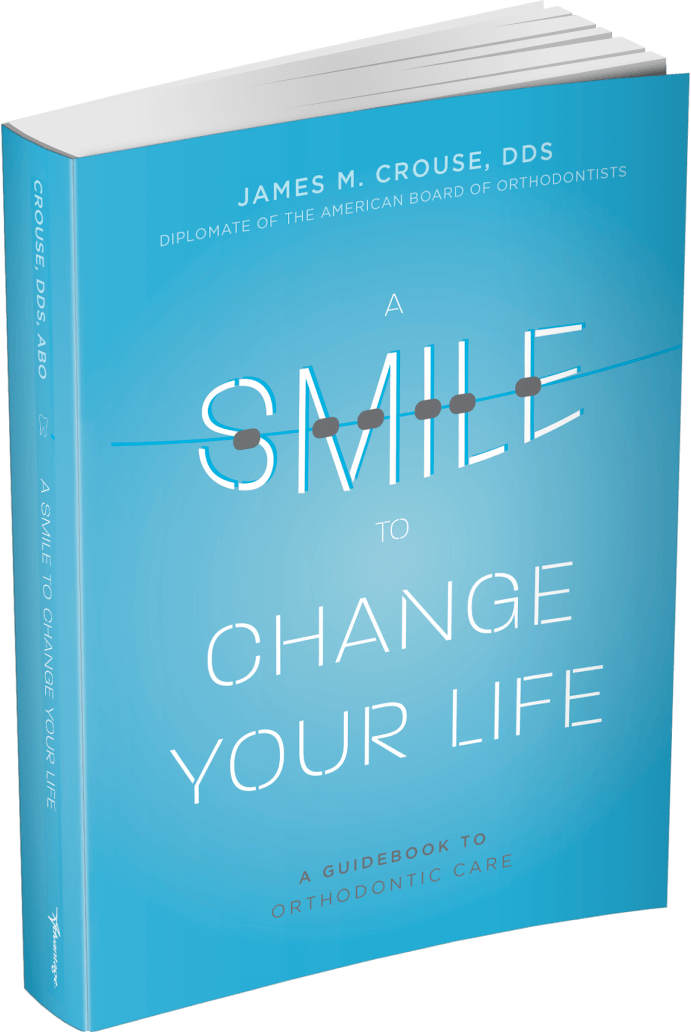Elwood is proof that a smile matters—at any age. After paying for braces for his children and grandchildren, Elwood finally decided it was his turn to do something about his own crooked teeth. He had put off seeing an orthodontist for years because he didn’t want to walk around, at his age, with braces on his teeth.
Once Elwood found out about Invisalign, which are clear, removable appliances that subtly adjust the teeth, he knew he’d found a way to get the smile he was after. Invisalign straightens by using a series of “aligners”—essentially trays that are customized to the teeth. Every week or two during treatment, the patient swaps one tray for the next in the series, which straightens the teeth a little bit at a time. Treatment with Invisalign is more comfortable than braces, and the results are predictable.
Today, Elwood has a big smile that he proudly uses every chance he gets.
Although Elwood was always outgoing, he’d undoubtedly been judged throughout his life for his smile. While the old adage “You can’t judge a book by its cover” is certainly true, it’s an undeniable fact of life that humans tend to make snap judgments about others based solely on appearance.
Distinctive facial features—such as crooked teeth—can make a person an easy target for ridicule. Political cartoons and caricatures certainly highlight perceived “flaws” in a person’s appearance (such as “imperfect” teeth) as a way of making them look unintelligent or untrustworthy. Children with protruding or extremely crooked teeth are particularly prone to mistreatment, not only by peers but also by teachers and coaches. That lone feature, an imperfect smile, can make a child an easy mark for bullies to inflict psychological and emotional pain. Being judged for appearance at such an early age can have crippling, long-term effects.
What’s worse is that children treated as unintelligent simply because of crooked teeth can begin to believe in that misjudgment. As a result, their performance often dips, mirroring the image that is being projected onto them by the taunts and teasing.
And the bullying doesn’t stop at childhood. Crooked teeth in teens can significantly affect their social standing, and an unflattering smile can even impact a person’s success in life. Imagine having an unattractive smile and going up against someone with a straight, sparkling teeth in an interview. Research has even shown that attractive people get more callbacks for interviews, are hired quicker, and even get more promotions.
So, being able to flash an attractive smile isn’t just an aesthetic advantage. Studies in which photos of people with awkward smiles were shown to a random group found that the people in the photos were largely perceived to be unintelligent, unsophisticated, or even dishonest. Those same photos were shown to the same group again, only this time with corrected smiles, and the subjects were viewed in a far more favorable light. When it comes to getting a job, being shown respect, or finding a romantic partner, people with unattractive teeth are at a serious disadvantage.
For these reasons and more, orthodontic work is one of the best overall values in health care. Not only does it give you a beautiful smile, but it lets you show your best you to the world. Just ask Elwood.



